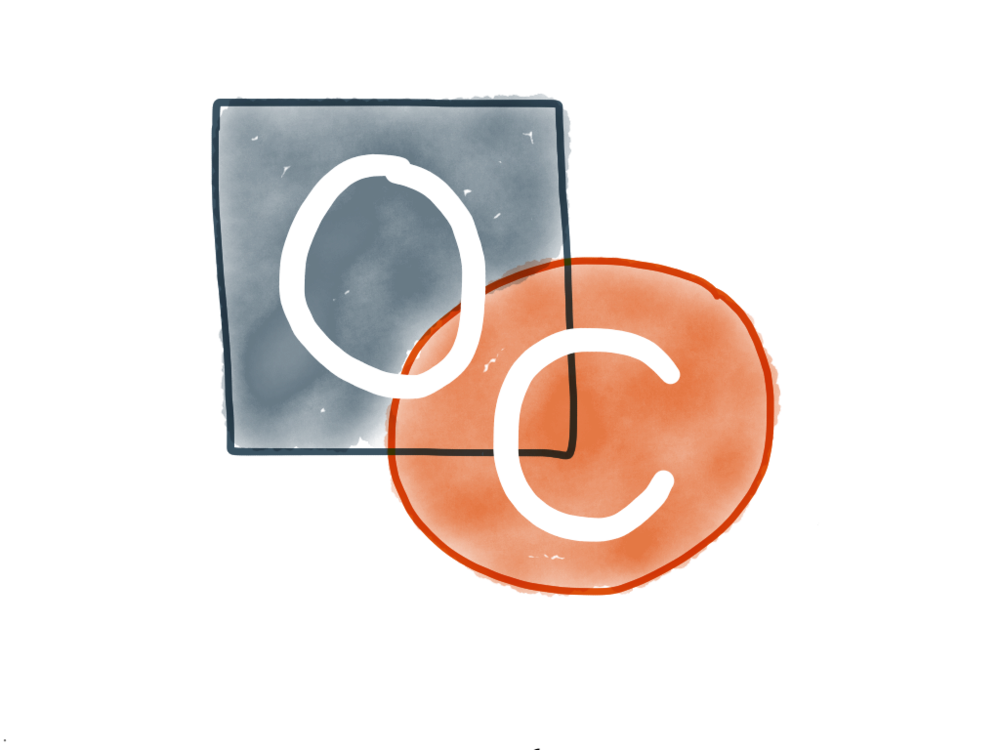FE Basics
Applying
You'll be required to request an application from the state in which you want to be registered. All the relevant details can be found online through a search.
Exam Dates
Registration for the test is year round. Test are given quarterly: January-February, April-May, July-August, and October-November.
Format
The FE test has the following attributes starting in 2014 when extensive revisions will be implemented:
- Testing is now done in front of a computer, aptly named the CBT (Computer Based Testing) format. This is standardized through the use of Pearson VUE testing centers.
- FE exams are discipline specific. Seven different tests are available.
- It is closed book. You are permitted to use an electronic version of the FE Reference Handbook side-by-side the test questions on your computer at the test center. During preparation, you should practice alongside the handbook by downloading it here.
- 6 hours is given to complete the exam, which consists of 110 multiple choice questions. This time includes a tutorial, break, and a brief exit survey. Actual test time to answer questions is 5 hours and 20 minutes (2 minutes 50 seconds per question).
- The exam uses both SI (International System of Units) and USCS (US Customary System) unit systems.
- Calculators are restricted to the models specified by NCEES. Check out this calculator review.
- The exam fee is $225.
FE CBT Exams
- chemical engineering (pdf)
- civil engineering (pdf)
- electrical/computer engineering (pdf)
- environmental engineering (pdf)
- industrial engineering (pdf)
- mechanical engineering (pdf)
- other engineering (pdf)
FE Pass Rates (April 2013)
These pass rates represent FE candidates who attended EAC/ABET-accredited engineering programs. These pass rates are for the old paper based format consisting of a 120 question AM portion and 60 question PM portion.
- Chemical [86%]
- Civil [81%]
- Electrical [70%]
- Environmental [86%]
- Industrial [73%]
- Mechanical [83%]
- Other [74%]
How much time is needed to prepare for the FE?
It is recommended that you take the FE test as soon as you can, which is the third year into a four year B.S. program. This will help you capitalize on your recent knowledge of engineering fundamentals.
The most successful strategy for passing the FE exam is to prepare for all subjects through by solving many practice problems. Do not hope to cherry pick familiar subjects in the hope that answering these questions is sufficient to pass. Time constraints will not allow you to figure out questions that seem completely foreign to you during the test. You will have a little under 3 minutes to answer each question, so fast recall that is the hallmark of thorough preparation is essential.
There are 15+ different subjects to cover for the test. Give yourself at least four hours to cover each subject matter. This means you will need to devote 60 hours total to prepare for the exam. If you spend three hours per weekend, a casual approach, you can spend 20 weeks (almost half the year) preparing. If this seems too long of a stretch, study with a more condensed schedule.
